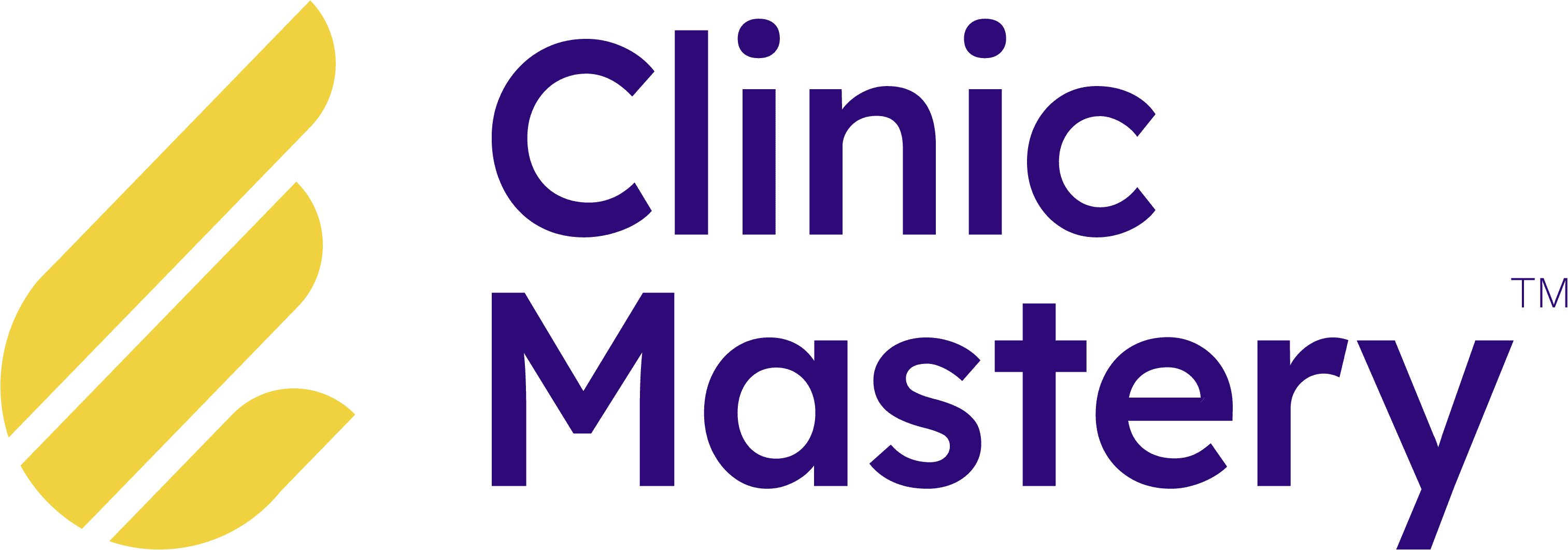Team
•
10 min read
•
5 Apr 2025
How to mentor your therapists with data
Today, I want to walk you through something that might seem counterintuitive at first, how to mentor your team using data and numbers.
Let’s get stuck in.
“I Didn’t Get Into Healthcare to Crunch Numbers…”
Sound familiar?
It’s something I hear often from therapists, and honestly, I used to feel the same. When you bring up data with your team, you can almost see them switch off. They think:
“I didn’t sign up to treat people like numbers or chase KPIs. I’m here to help people.”
And they’re right, we all got into healthcare to make a difference.
But here’s the reframe that makes all the difference:
Numbers Tell a Story
Data isn’t about reducing people to numbers. It’s about understanding what’s really happening in those treatment rooms, especially the stuff that’s intangible.
Let me give you an example…
The Power of Cancellation Data
Imagine two therapists in your clinic:
Therapist A has a cancellation rate of 21%
Therapist B sits at 8%
Same clinic. Same patient demographics. That number alone tells us something. Therapist B is likely doing a better job of meeting and exceeding patient expectations.
Why do people really cancel appointments?
It’s not always about a schedule clash or a dentist appointment. More often than not, cancellations happen when clients feel like they’re not getting value, when their expectations don’t match their experience. But they rarely say that outright. Instead, they’ll give an easy excuse.
So when we see high cancellation rates, it’s a clue. Something in the treatment journey isn't clicking.
Using Data to Improve Clinical Performance
Here’s how we use that insight:
Ask better questions
A great one for new grads:
“What are your expectations of me as your therapist?”
Encourage them to write it down. That’s your north star for mentoring and reflection.Look for gaps
Is the treatment plan clearly articulated?
Is there enough rapport and connection?
Are we checking in regularly to see if we’re on track with client goals?Pick one focus area
Don’t try to fix everything. Focus on one thing, say, clearly explaining treatment plans, and work on that for a month. Watch how the numbers shift.
Small, targeted improvements over time can dramatically reduce cancellation rates — and that tells us clients are staying the course, getting better outcomes, and therapists are feeling more confident.
Why This Matters
When clients complete their treatment journey:
They get better outcomes.
Therapists feel more competent and fulfilled.
Your clinic’s reputation grows, because let’s be honest, when a client drops off without results, they don’t just blame the therapist… they blame the clinic or the profession.
So yes, the numbers matter. Not for KPI-chasing, but because they help us serve people better.
The Tool That Makes It Simple: Meet Allie
If you’re wondering how to actually gather and use this data easily, without spreadsheets and manual tracking… we built Allie for that exact reason.
Allie is our performance and efficiency software that integrates with Cliniko to give you:
Real-time data with zero manual entry
Key performance insights at a glance
Policy and procedure integration for smooth team operations
It’s like having a VA and a dashboard rolled into one, but more accurate and more affordable.
➡️ Head to www.allieclinics.com
If you’re serious about mentoring your team and getting better outcomes without the guesswork, you need Allie. I used to be a spreadsheet nerd, but Allie changed the game.
Today, I want to walk you through something that might seem counterintuitive at first, how to mentor your team using data and numbers.
Let’s get stuck in.
“I Didn’t Get Into Healthcare to Crunch Numbers…”
Sound familiar?
It’s something I hear often from therapists, and honestly, I used to feel the same. When you bring up data with your team, you can almost see them switch off. They think:
“I didn’t sign up to treat people like numbers or chase KPIs. I’m here to help people.”
And they’re right, we all got into healthcare to make a difference.
But here’s the reframe that makes all the difference:
Numbers Tell a Story
Data isn’t about reducing people to numbers. It’s about understanding what’s really happening in those treatment rooms, especially the stuff that’s intangible.
Let me give you an example…
The Power of Cancellation Data
Imagine two therapists in your clinic:
Therapist A has a cancellation rate of 21%
Therapist B sits at 8%
Same clinic. Same patient demographics. That number alone tells us something. Therapist B is likely doing a better job of meeting and exceeding patient expectations.
Why do people really cancel appointments?
It’s not always about a schedule clash or a dentist appointment. More often than not, cancellations happen when clients feel like they’re not getting value, when their expectations don’t match their experience. But they rarely say that outright. Instead, they’ll give an easy excuse.
So when we see high cancellation rates, it’s a clue. Something in the treatment journey isn't clicking.
Using Data to Improve Clinical Performance
Here’s how we use that insight:
Ask better questions
A great one for new grads:
“What are your expectations of me as your therapist?”
Encourage them to write it down. That’s your north star for mentoring and reflection.Look for gaps
Is the treatment plan clearly articulated?
Is there enough rapport and connection?
Are we checking in regularly to see if we’re on track with client goals?Pick one focus area
Don’t try to fix everything. Focus on one thing, say, clearly explaining treatment plans, and work on that for a month. Watch how the numbers shift.
Small, targeted improvements over time can dramatically reduce cancellation rates — and that tells us clients are staying the course, getting better outcomes, and therapists are feeling more confident.
Why This Matters
When clients complete their treatment journey:
They get better outcomes.
Therapists feel more competent and fulfilled.
Your clinic’s reputation grows, because let’s be honest, when a client drops off without results, they don’t just blame the therapist… they blame the clinic or the profession.
So yes, the numbers matter. Not for KPI-chasing, but because they help us serve people better.
The Tool That Makes It Simple: Meet Allie
If you’re wondering how to actually gather and use this data easily, without spreadsheets and manual tracking… we built Allie for that exact reason.
Allie is our performance and efficiency software that integrates with Cliniko to give you:
Real-time data with zero manual entry
Key performance insights at a glance
Policy and procedure integration for smooth team operations
It’s like having a VA and a dashboard rolled into one, but more accurate and more affordable.
➡️ Head to www.allieclinics.com
If you’re serious about mentoring your team and getting better outcomes without the guesswork, you need Allie. I used to be a spreadsheet nerd, but Allie changed the game.

Article by
Peter Flynn
Pete Flynn is a physio by trade and a business consultant at heart. He founded his first Adelaide clinic to help people overcome pain and reclaim their lives. Within five years, that clinic grew to a 23-member team across two locations that no longer required him. He successfully sold both clinics in 2022 and now guides other clinic owners in scaling, leadership, marketing, and people management. Known for his practical wisdom and generosity, Peter’s approach is always anchored in the principle: give more than you take. He’s here to share how to create real value, both for your clients and your teams, without losing sight of what truly matters.
How Does Your Clinic Score?
Discover your Clinic Score & Amplify your Impact with Clinics Mastery’s Assess Your Clinic™ Scorecard. Get a rating for the 7 Degrees of Business that you need to master.
Assess Your Clinic
How Does Your Clinic Score?
Discover your Clinic Score & Amplify your Impact with Clinics Mastery’s Assess Your Clinic™ Scorecard. Get a rating for the 7 Degrees of Business that you need to master.
Assess Your Clinic
Latest







